In this in-depth recovery interview, Kristin shares how her illness began with ME/CFS (Myalgic Encephalomyelitis/Chronic Fatigue Syndrome) before progressing into POTS (Postural Orthostatic Tachycardia Syndrome) and Multiple Chemical Sensitivity (MCS). Like many people navigating complex chronic illness, her condition evolved over time — bringing fatigue, autonomic symptoms, hypersensitivity reactions and profound emotional strain.
Early in her journey, testing revealed iodine deficiency and Hashimoto’s thyroiditis, providing the first clear biological confirmation that something physical was wrong. For Kristin, this brought both relief and validation after months of uncertainty.
After significant effort, she achieved remission — only to experience a devastating relapse after attempting to re-engage in life and “do something nice” for herself. That setback raised a painful question familiar to many with ME/CFS and POTS: How can you relapse after doing everything right?
Rather than giving up, Kristin went deeper. She began addressing the underlying nervous system dysfunction, trauma history, and behavioural patterns that had contributed to her vulnerability. In the process, she not only rebuilt from ME/CFS, POTS and MCS — she also worked through PTSD and bulimia, leading to a more stable and lasting recovery.
This detailed interview — the first recovery story shared on the Wisdom from the Other Side podcast — offers insight into relapse, nervous system retraining, trauma healing, and what it really takes to build sustainable recovery from complex chronic illness.
Video:
Timestamps:
| Introduction - WHY long-form interviews & what can you learn? | 0:00:00 |
| Podcast Disclaimer | 0:06:38 |
| First symptoms 10 years ago when 25 years old | 0:07:20 |
| Dan asks how scary that was | 0:10:26 |
| Kristin clarifies her symptoms | 0:11:00 |
| Dan asks what the Doctors said given the severe symptoms | 0:12:15 |
| Kristin talks about the most embarrassing and devastating experience in her life | 0:13:49 |
| How the illness affected her work | 0:15:23 |
| Googling led to her getting tested for Iodine deficiency and Hashimoto's hypothyroidism | 0:15:59 |
| I ask about her decision to stop working | 0:18:09 |
| I ask about all the treatments that Kristin tried | 0:22:33 |
| Kristin talks about starting to meditate | 0:25:20 |
| Talks about exercise supplements and diets she tried without success | 0:26:39 |
| I ask how she achieved her first remission | 0:27:45 |
| I give a monologue about CFS and psychological stressors | 0:31:38 |
| I ask what she did beside taking note of her inner game | 0:33:19 |
| I ask about lead up to becoming ill | 0:35:17 |
| I ask how she moves out when she has no money or support | 0:38:24 |
| I ask how she does things like moving when she is so ill | 0:40:28 |
| What were your friends doing and saying? | 0:41:21 |
| I ask about her family | 0:42:31 |
| I ask about her childhood and early adulthood. | 0:43:50 |
| What happens next, how does she start to recover? | 0:45:31 |
| I asked if she had any sensitivities | 0:49:01 |
| How does it feel to get your life back? | 0:51:15 |
| How long were you well for and did you understand why you were sick? | 0:52:59 |
| When do things first start to go wrong, what were you thinking? | 0:56:49 |
| How long does it take to recover and do you do something different? | 0:58:46 |
| What did this Dr identify and treat you. | 1:01:06 |
| Kristin tells how her second relapse is triggered | 1:03:14 |
| Kristin talks about thoughts of suicide | 1:06:15 |
| What did the Dr say caused the relapse? | 1:07:15 |
| I ask how she recovers this time, what does she do, is she looking over her shoulder? | 1:08:40 |
| How did Kristin successfully make these changes? | 1:10:28 |
| Did this PTSD work change how you felt about the symptoms? | 1:15:15 |
| What else did you do? | 1:15:35 |
| We talk about the sustainability of health coaching | 1:22:03 |
| Anything else? Kristin talks about recovery from Bulimia | 1:23:26 |
| How do you start to like yourself? | 1:26:11 |
| How to move into like and love after getting past disliking yourself? | 1:27:55 |
| Did you get help on this journey or do this on your own? | 1:30:13 |
| How did Kristin overcome Bulimia? | 1:33:58 |
| What about after binging eating, did you work to stop the purging? | 1:36:56 |
| How did you deal with failing with the purging? Was it a separate journey to the binging? | 1:38:39 |
| Dan points out an important distinction in Kristin's approach! | 1:40:14 |
| Dan talks about the importance of doing the work beyond recovery for a robust recovery. | 1:41:35 |
| Dan asks how Kristin feels about the possibility of getting ill again. | 1:42:41 |
| What would be your main advice to someone living with the illness? | 1:44:31 |
Links:
Here is a link to Kristin's YouTube Channel
Other Resources
CFS Unravelled is the book that started it all, outlining the explanation for the pathogenesis of ME/CFS, Fibromyalgia, POTS, MCS and related syndromes and explaining how recovery is possible.
All my email subscribers receive additional FREE resources like my book Discover Hope. So consider subscribing and reading the book to rediscover hope.
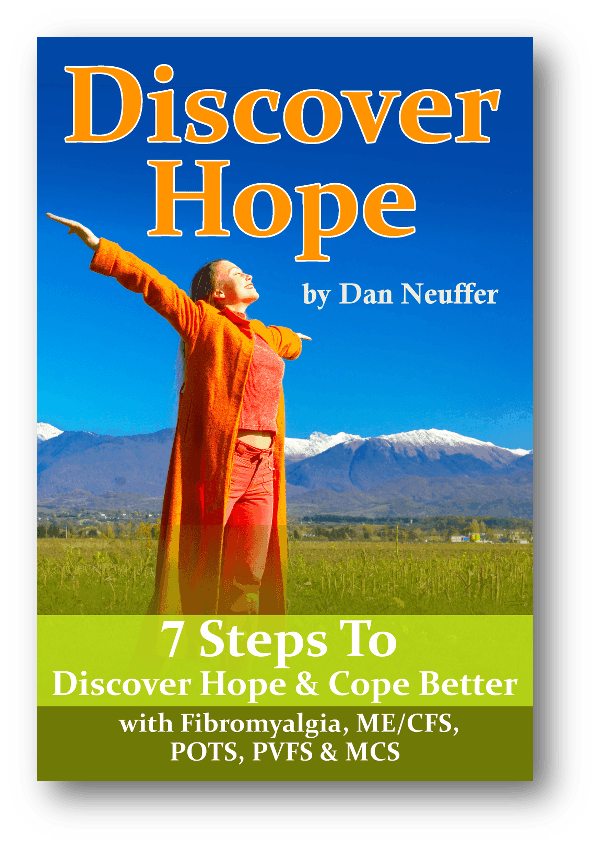
If you would like to learn more about the ANS REWIRE program, check out the 4 free intro lessons or visit the ANS REWIRE website.
Comments about this episode
Please leave a comment at the bottom of the page!

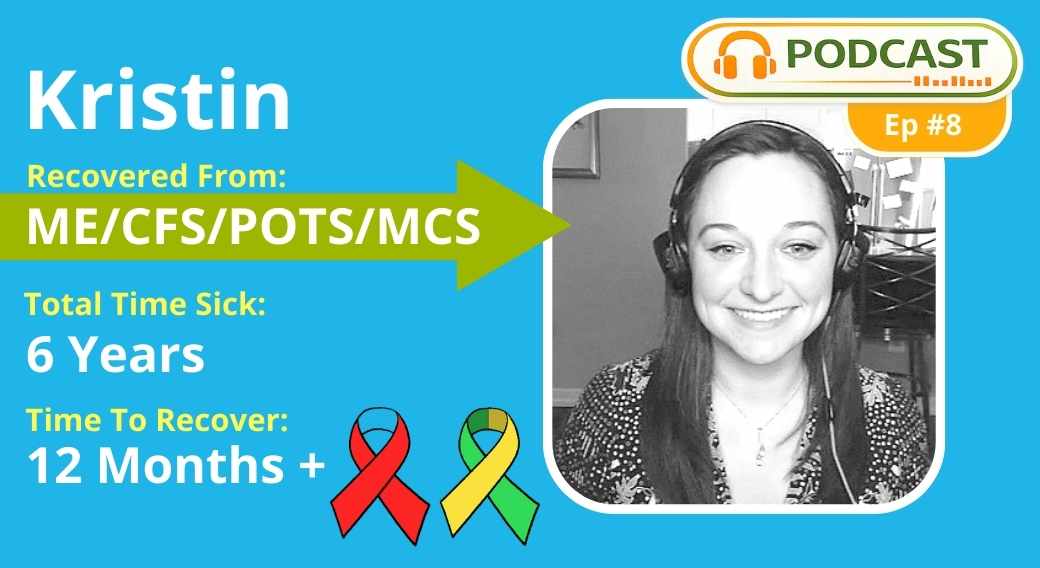
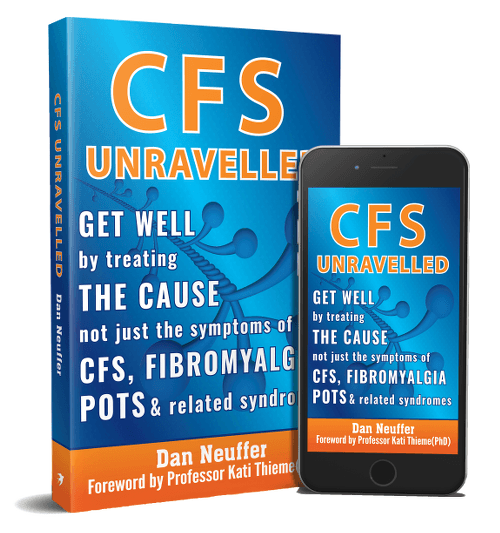
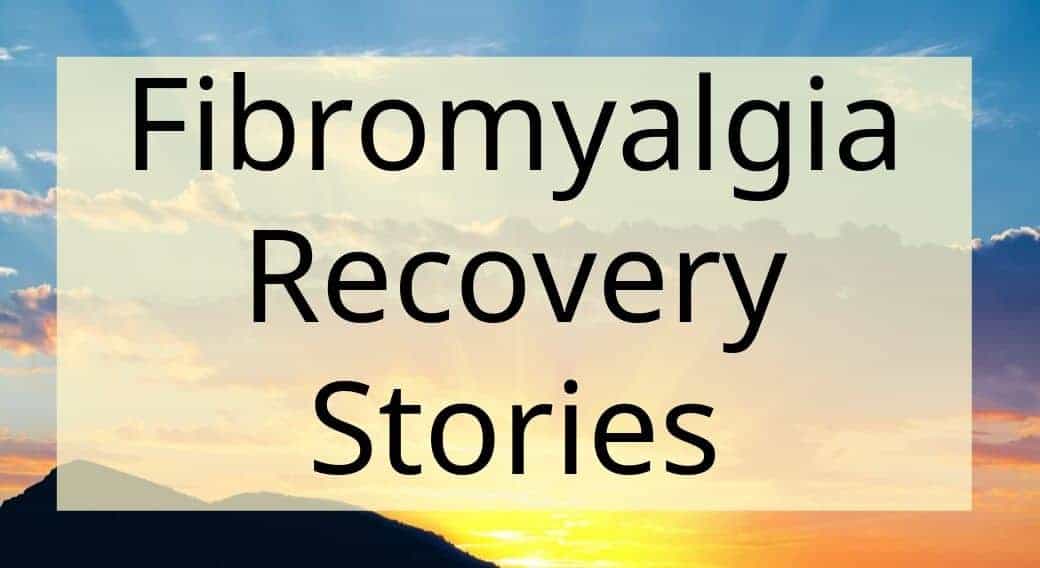
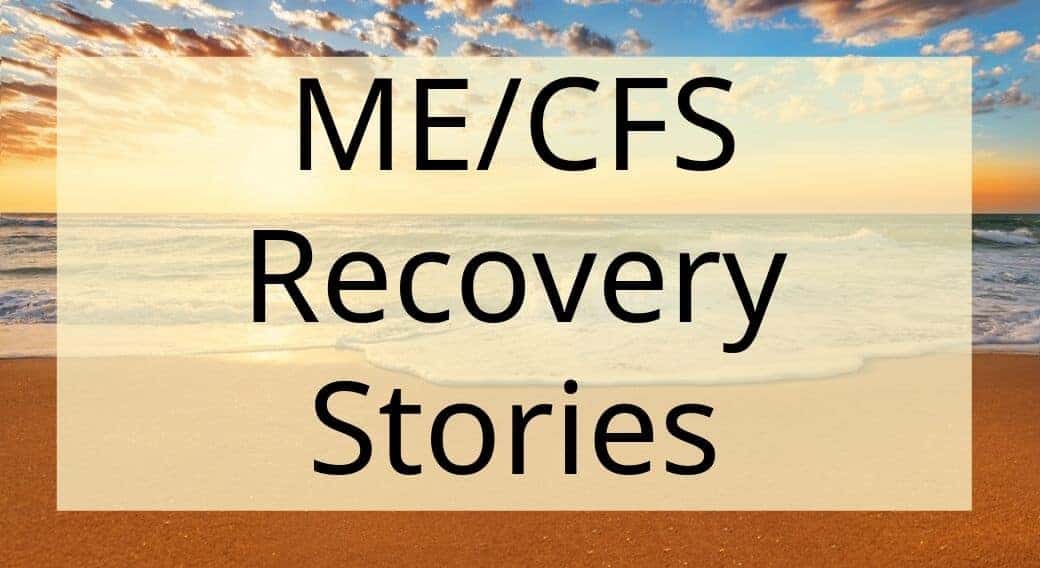
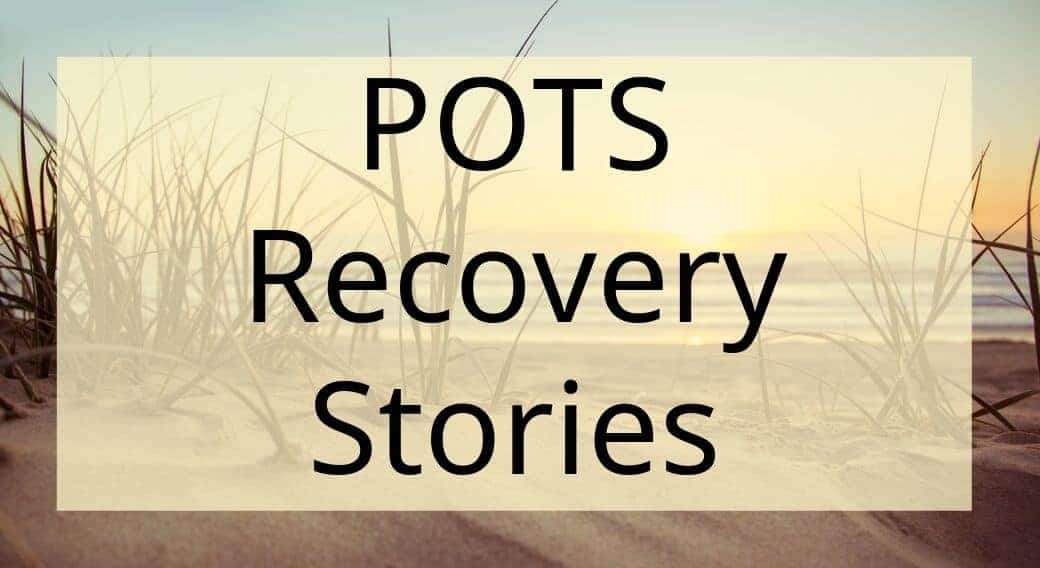
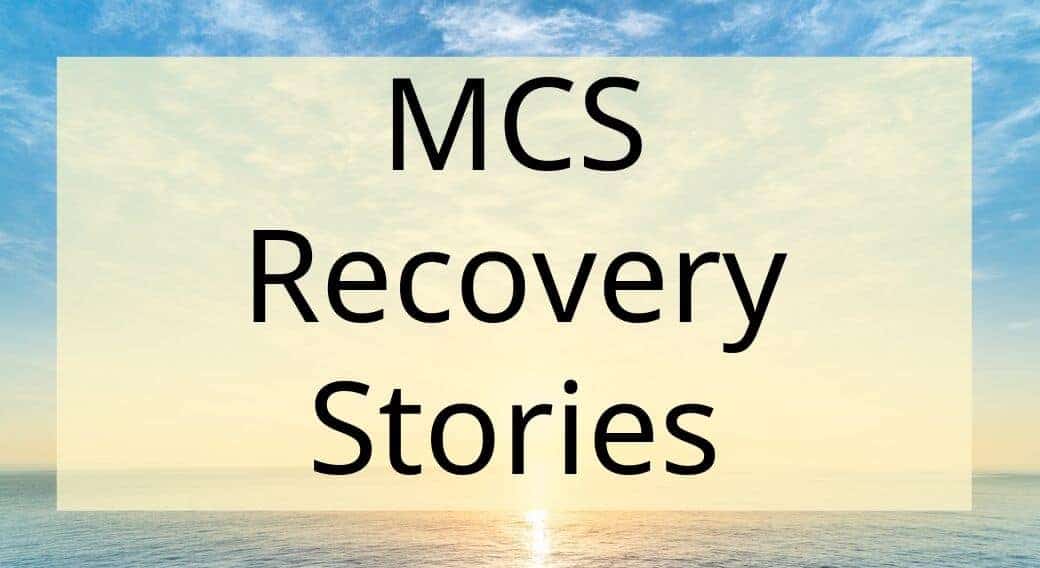

Very interesting and comprehensive discussion. An encouragement to find our own path, and honours the role of improving physical health by taking care of ones emotional well-being as an important element of regaining physical health.
Being happy is good for our immune system…… my mantra!
???
Thanks Kristin for sharing so much of your journey. It’s useful to hear you say to keep trying different things to find the ones that work for you, and to hear how tenaciously you kept working at the healing journey.
Wow, what an amazing interview, so full of helpful insights! Thank you so much Dan and Kristin, for being so open and honest. I’m sure this interview will inspire many people – it’s definitely given me a renewed drive to explore other healing modalities and to work more on the emotional / psychological side of things. Interestingly I suffered with anorexia and then bulimia in my teens and twenties but didn’t develop CFS until my late thirties. I’m sure there’s a link there between suppressed emotions and physical illness – the body keeps a score after all!!
Thanks for your comment Caroline.
Yes, if you have a maladaptive stress response, unaddressed emotions or traumas are going to be especially troublesome for most people.
But it’s always important to remember that the past does not equal the future – it’s not some fate – we can make changes and move forward – sometimes rapidly. ??
Thank you for a very wide-ranging discussion of the variety of means by which people find tools for their recovery. It’s so refreshing that you encourage discussion of the multiplicity of methods that can effect change for patients. The focus on the psychological aspects of an individual’s attitude towards themselves speaks volumes about how we feed into the health or lack of in the autonomic nervous system. It’s so interesting that love is the answer.
Glad it resonated with you and supported you ❤️